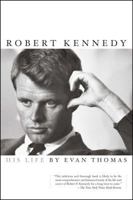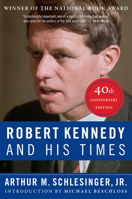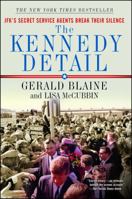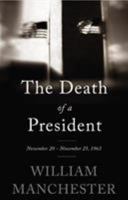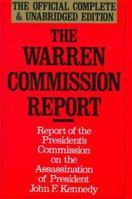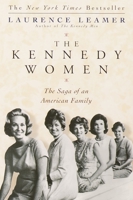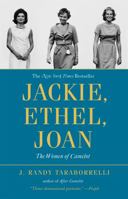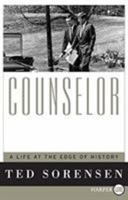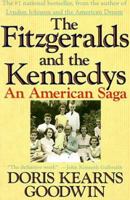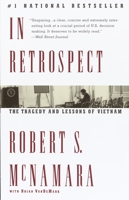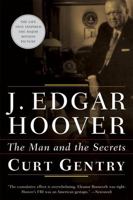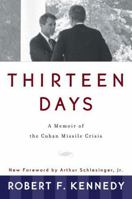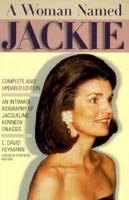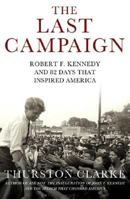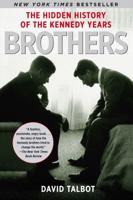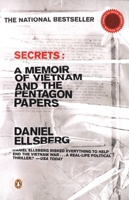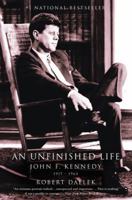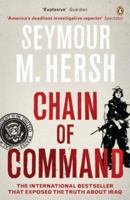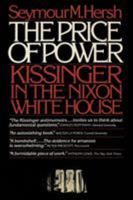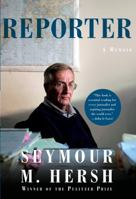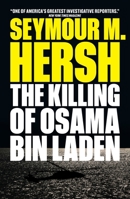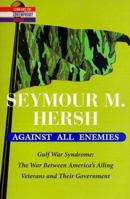You Might Also Enjoy
Book Overview
Lucas Davenport and Virgil Flowers join forces to track down a ruthless killer who will do whatever it takes to keep the past buried, in this latest thriller from #1 New York Times bestselling author John Sandford. Doris Grandfelt, an employee at an accounting firm, was brutally stabbed to death . . . but nobody knew exactly where the crime took place. Her body was found the next night, dumped among a dense thicket of trees along the edge of an urban park, eight miles east of St. Paul, Minnesota. Despite her twin sister Lara Grandfelt's persistent calls to the Bureau of Criminal Apprehension, the killer was never found. Twenty years later, Lara has been diagnosed with breast cancer. Confronted with the possibility of her own death, she's determined to find Doris's killer once and for all. Finally taking matters into her own hands, she dumps the entire investigative file on every true crime site in the world and offers a $5 million reward for information leading to the killer's arrest. Dozens of true crime bloggers show up looking for both new evidence and "clicks," and Lucas Davenport and Virgil Flowers are called in to review anything that might be a new lead. When one of the bloggers locates the murder weapon, Lucas and Virgil begin to uncover vital details about the killer's identity. But what they don't know is the killer lurks in plain sight, and with the true crime bloggers blasting every clue online, the killer can keep one step ahead. As the nation maneuvers the detectives closer to the truth, Lucas and Virgil will find that digging up Doris's harrowing past might just get them buried instead.
Format:Hardcover
Language:English
ISBN:0593718402
ISBN13:9780593718407
Release Date:March 2025
Publisher:G.P. Putnam's Sons
Length:400 Pages
Weight:1.22 lbs.
Dimensions:1.4" x 6.4" x 9.3"
More by Seymour M. Hersh
Customer Reviews
2 customer ratings | 2 reviews
There are currently no reviews. Be the first to review this work.












